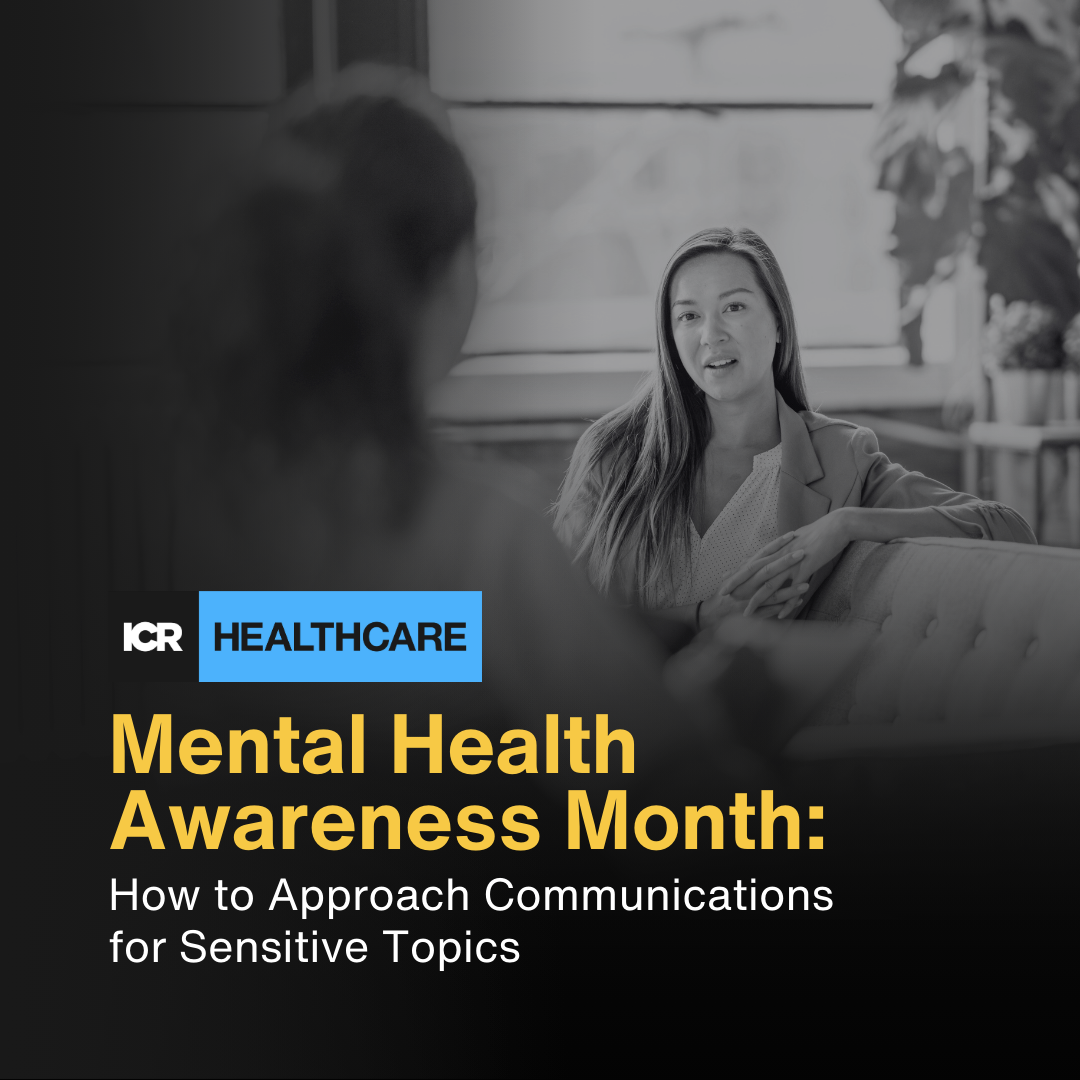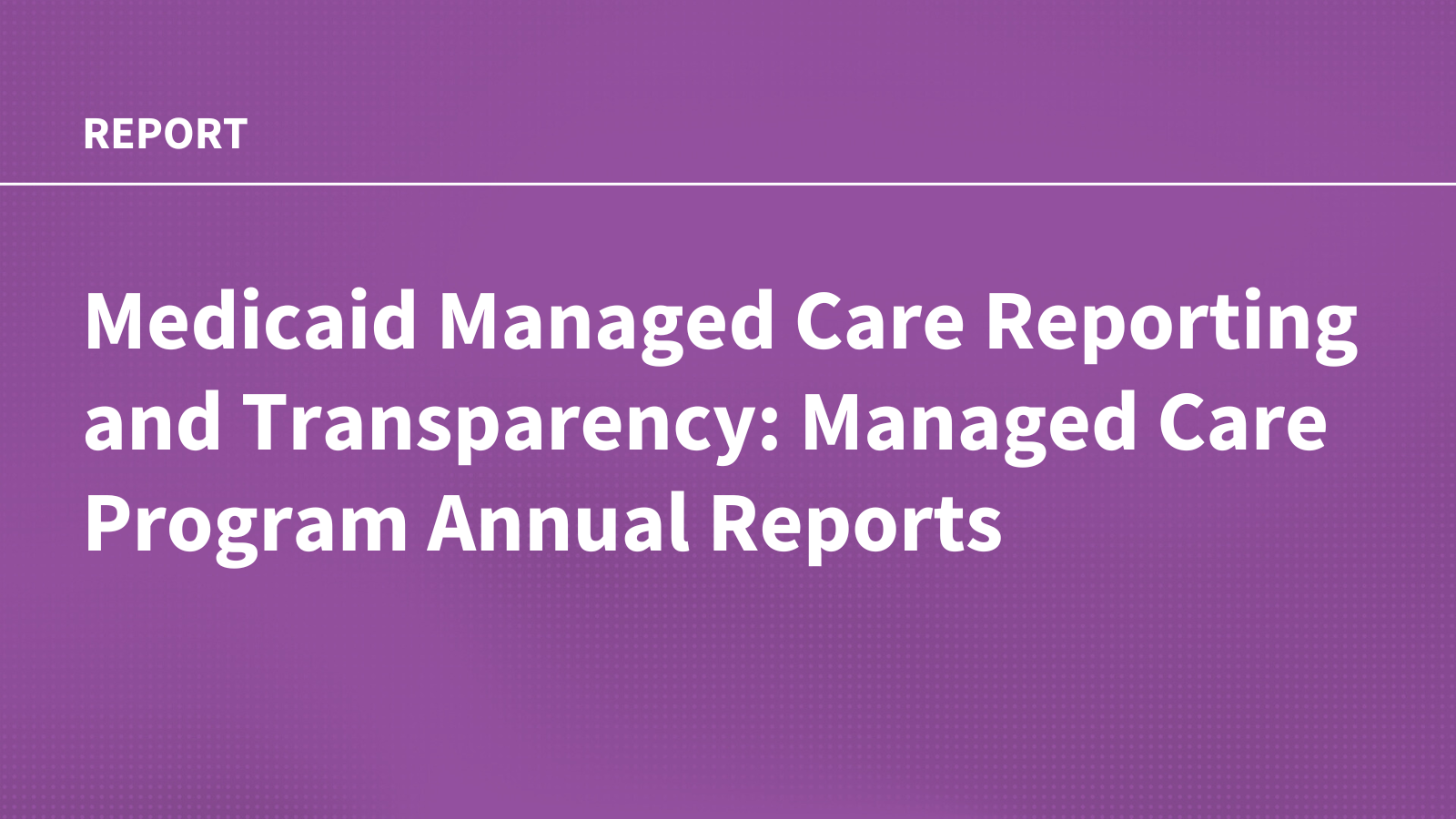During Mental Health Awareness Month and Women’s Health Week, healthcare companies have unique opportunities to meaningfully connect with key audiences around critical but sensitive health topics. For organizations in the mental health, depression, or neuropsychiatry space, these awareness periods offer powerful platforms to build trust, foster dialogue, and support patients across global markets.
Mental health conditions are deeply personal and carry a stigma or emotional weight, making them challenging to discuss in a way that signals support, understanding, and empathy. For women, specific conditions like major depression and postpartum depression require tailored communication strategies to address their unique lived experiences and needs.
Importance of Strategic Communication
Strategic, effective communication in healthcare involves planned, evidence-based approaches to convey information effectively. It aims to build trust, facilitate open dialogue, and support patients in managing their health along with their providers. Key elements include empathy, active listening, cultural competence, and the use of appropriate communication channels, which can range from social media and other digital channels to newsletters and the media. Leveraging multiple communication channels that can reach key audiences enhances outreach, builds trust, and cultivates positive relationships across international markets.
A Case Study in Effective Mental Health Communications
As an example, I work with a company that is developing what could be the first female-specific treatment for major depressive disorder. While the science behind their treatment supports better efficacy in females vs. males, when it comes to building relationships, awareness and trust with audiences that matter—women’s advocacy organizations, providers, and female patients with depression—ICR Healthcare worked with the executive team to develop messaging that would resonate with these audiences.
That meant ensuring communications were inclusive and sensitive to the specific needs of female patients while providing scientific evidence to support further development of their treatment. Conveying a sense of understanding and support has resulted in positive media coverage across multiple markets and significantly higher engagement on social media channels.
Approaches to Discussing Mental Health
As healthcare companies develop and execute communications plans across channels in honor of Mental Health Awareness Month, there are several factors to consider when developing messages tailored to their unique audiences:
- Empathy and Active Listening: Empathy is the cornerstone of effective communication in healthcare, especially with sensitive topics such as mental health. Companies should actively listen, validate patients’ feelings, and show genuine concern. This approach helps build trust and encourages patients to share their experiences openly, especially when engaging on social media and digital platforms.
- Sex-Based and Cultural Competence: Understanding and respecting cultural differences and sex-based differences is essential when discussing mental health. For example, women make up two-thirds of depression diagnoses and yet there are no treatments on the market currently that cater to the biological differences of depression in females; research has shown males and females have differing biological responses to depression. Additionally, companies should be aware of cultural attitudes towards mental health across global markets and tailor their communication accordingly.
- Provider and Patient-Centered Communication: Focus on the patient’s needs and preferences as supported by their providers. When developing messaging for these audiences, it’s important to tailor communications that speak to their lived experiences.
Making an Impact with Mental Health Communications
Mental health affects millions worldwide, with 1 in 5 U.S. adults experiencing mental illness each year and similar prevalence rates across global markets. Despite growing awareness, stigma remains a significant barrier to care and open conversation.
Strategic communication is essential for healthcare companies addressing sensitive topics like mental health. By using empathy, cultural competence, clear language, and tailored approaches, companies can effectively support key audiences, including women dealing with major depression and postpartum depression.
Leveraging media relations, social media, and digital platforms further enhances the effectiveness of these strategies, ensuring that audiences receive the information and support they need while positioning your organization as a trusted leader in advancing mental health innovation.
At ICR Healthcare, our integrated team can help you develop and execute communications strategies that resonate with your key stakeholders while building long-term value for your organization. Let us know how we can help you craft a compelling narrative for Mental Health Awareness Month and beyond.
Publisher: Source link










